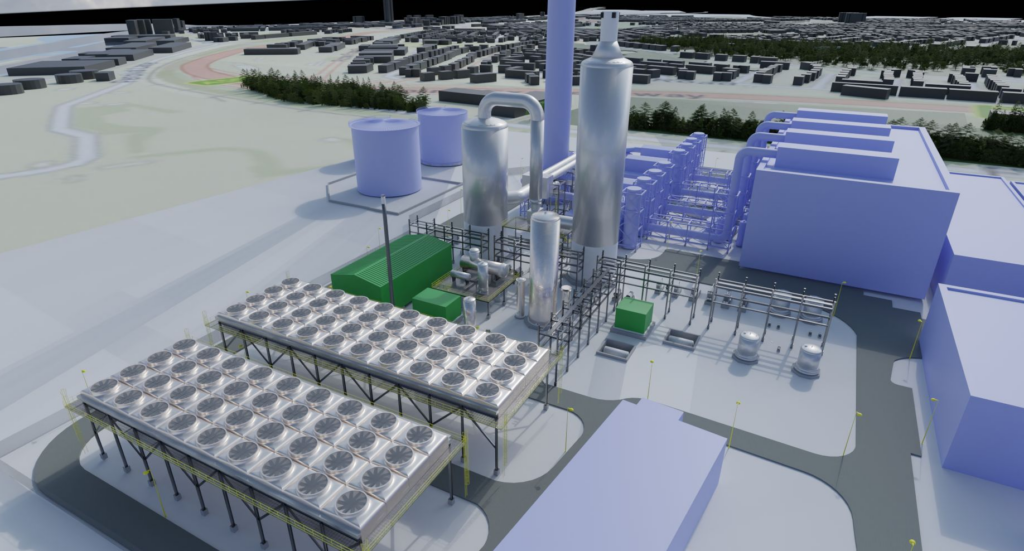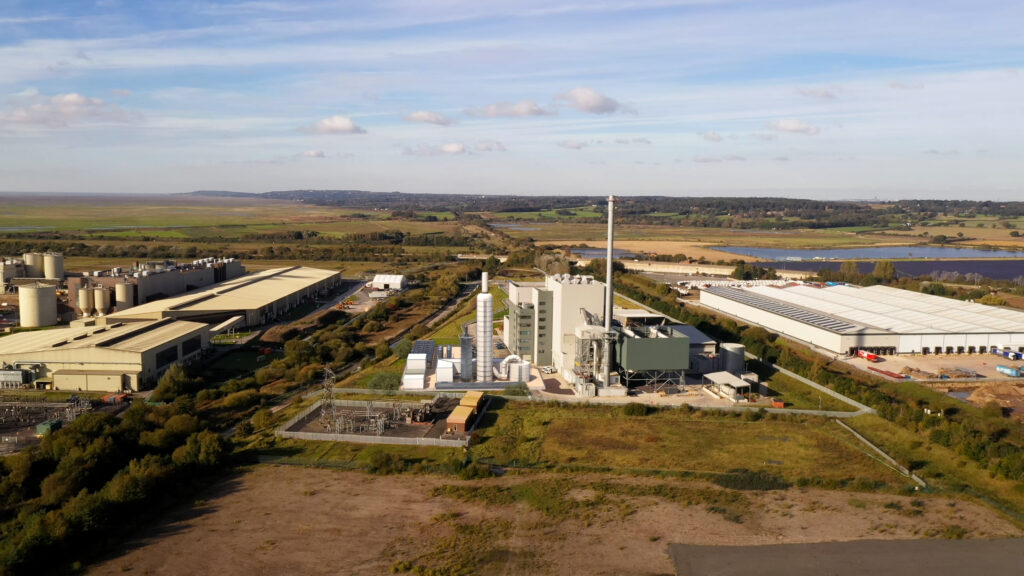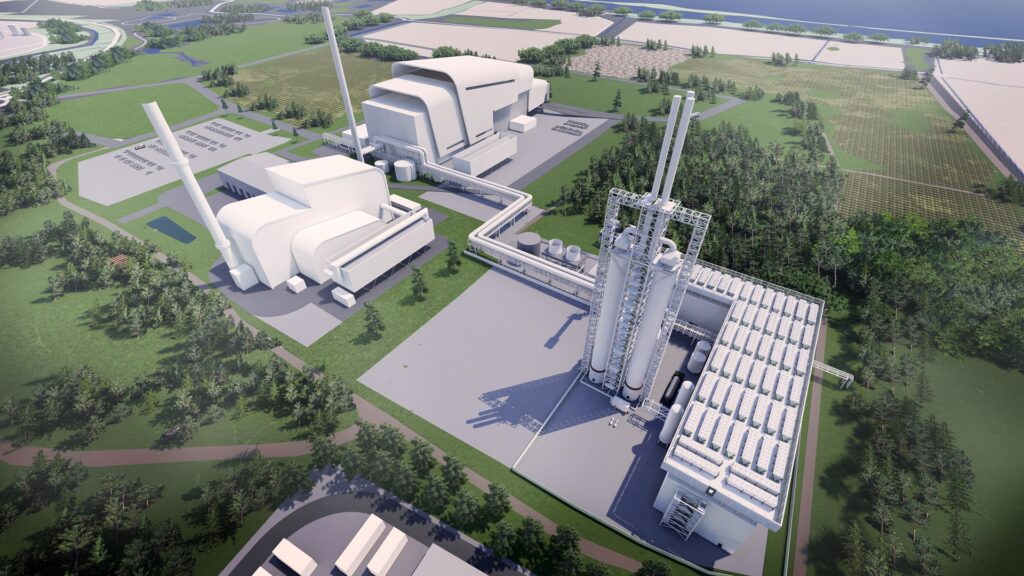Published yesterday (26 September), the report is titled ‘Enough is enough: The case for a moratorium on incineration‘.
It looked at the historic trend in capacity evolution across Europe amongst other things. It found that over the period from 2004 to 2020, there has been a capacity increase of 8 million annually. The document added that based on these figures, capacity “may now have reached around 220 million tonnes”. The report then highlighted that the figures suggest “there was already capacity to treat 60 million tonnes or so of additional waste through existing installations in 2020”.
The document however pointed out that “it is clear that EU policy and law seeks to reduce the amount of waste generated and increase the proportion of the waste which remains that is recycled”. It explained that if the recycling targets are met and around 10% of municipal waste will continue to be landfilled as allowed by the Landfill Directive, the issue of surplus capacity is likely to persist.
Coordination
It highlighted that member states take different views when considering their own capacity needs, with some opting to import waste for incineration from other countries. The document pointed out that the capacity issue “would benefit from EU-wide coordination”, which “there would appear to be a strong argument for” to ensure a positive net effect. It reasoned that operating companies might not be able to discuss this openly for fear of accusations of collusion.
“Any planned decommissioning would benefit from being carefully coordinated,” the document stated, adding that those member states with excess capacity “should consider imposing moratoria, and potentially, managing a reduction in capacity”. The report outlined that “if the emerging issue of overcapacity were already acknowledged, then given the average life of facilities, somewhere around 5% of capacity might be being decommissioned or retired each year”. It then warned that the “observed trend is very different”.
Reconsideration
The report then acknowledged that the flexibility in scaling down incineration capacity “is constrained by a commitment to the placing of incineration higher in the hierarchy than the landfilling”. It referenced Article 12 of the Waste Framework Directive that notes that the Commission “shall carry out an assessment of disposal operations” by the end of 2024.
The report summarised that “it might be a sensible time to re-consider the role of incineration in the waste management hierarchy, choosing to classify it as a disposal operation”. It also recommended that “in future, incinerators should only accept leftover mixed wastes from municipal sources where they have been through advanced sorting facilities”.










Subscribe for free